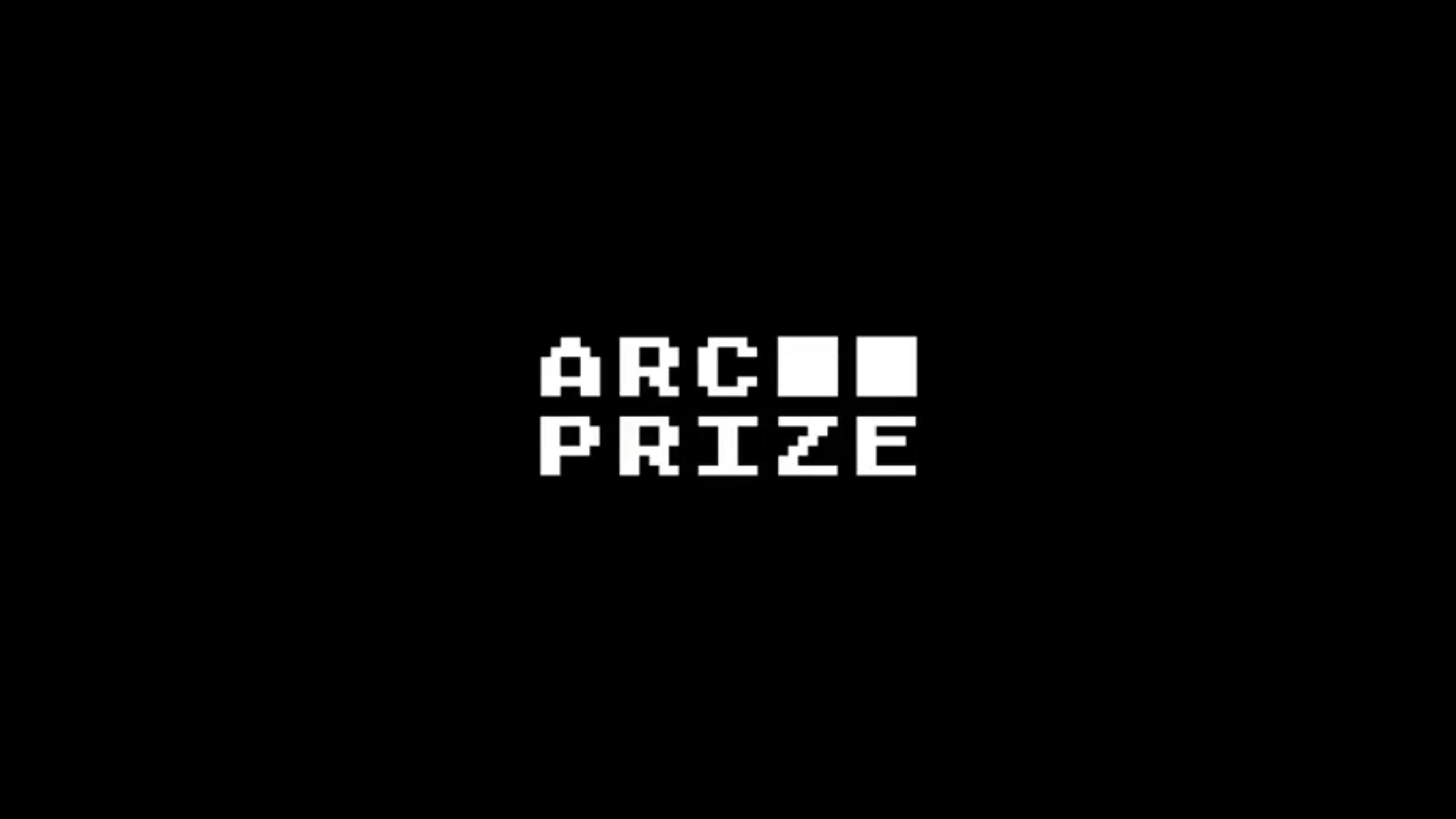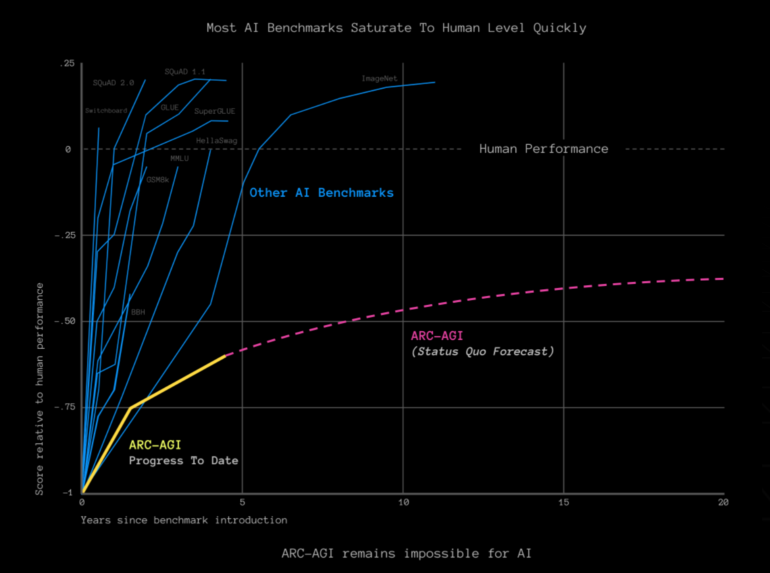$1 million ARC Prize aims to refocus researchers on general AI research, away from LLMs

The ARC Prize, with a $1 million award, aims to encourage the development of an AI that can adapt to new situations and solve simple reasoning tasks.
François Chollet, an AI researcher at Google and creator of the popular deep learning framework Keras, along with Mike Knoop, has launched the ARC Prize. It is a $1 million competition to develop an AI that can adapt to new situations and solve simple reasoning tasks.
According to Chollet, the goal of the competition is to steer AI research back towards developing artificial general intelligence (AGI). Current AI systems like GPT-4o are essentially systems that memorize millions of patterns from human-generated data and apply them to new inputs, he said. "That works great when you're dealing with a well-known problem – until you introduce any amount of novelty."
But the nature of intelligence is - according to him - "precisely to adapt to things you don't expect. To figure out what to do when you don't have a solution already memorized."
An AI that cannot adapt to novelty will never be able to handle the variability and fluidity of the real world, Chollet says.

ARC benchmark remains unbeaten since 2019
In 2019, Chollet released the ARC benchmark, which serves as a measure of how close we are to developing a general AI. The tasks in the ARC benchmark are easy for humans to solve and do not require specialized knowledge. However, modern AI systems struggle with them because the tasks are designed to resist solution by memorization.
The ARC Prize builds on this benchmark and aims to encourage AI researchers to look beyond developing systems that outperform humans in specific tasks. Instead, the focus should be on developing AI systems with human-like cognitive abilities.
More information can be found on the ARC Prize website.
AI News Without the Hype – Curated by Humans
As a THE DECODER subscriber, you get ad-free reading, our weekly AI newsletter, the exclusive "AI Radar" Frontier Report 6× per year, access to comments, and our complete archive.
Subscribe nowAI news without the hype
Curated by humans.
- Over 20 percent launch discount.
- Read without distractions – no Google ads.
- Access to comments and community discussions.
- Weekly AI newsletter.
- 6 times a year: “AI Radar” – deep dives on key AI topics.
- Up to 25 % off on KI Pro online events.
- Access to our full ten-year archive.
- Get the latest AI news from The Decoder.